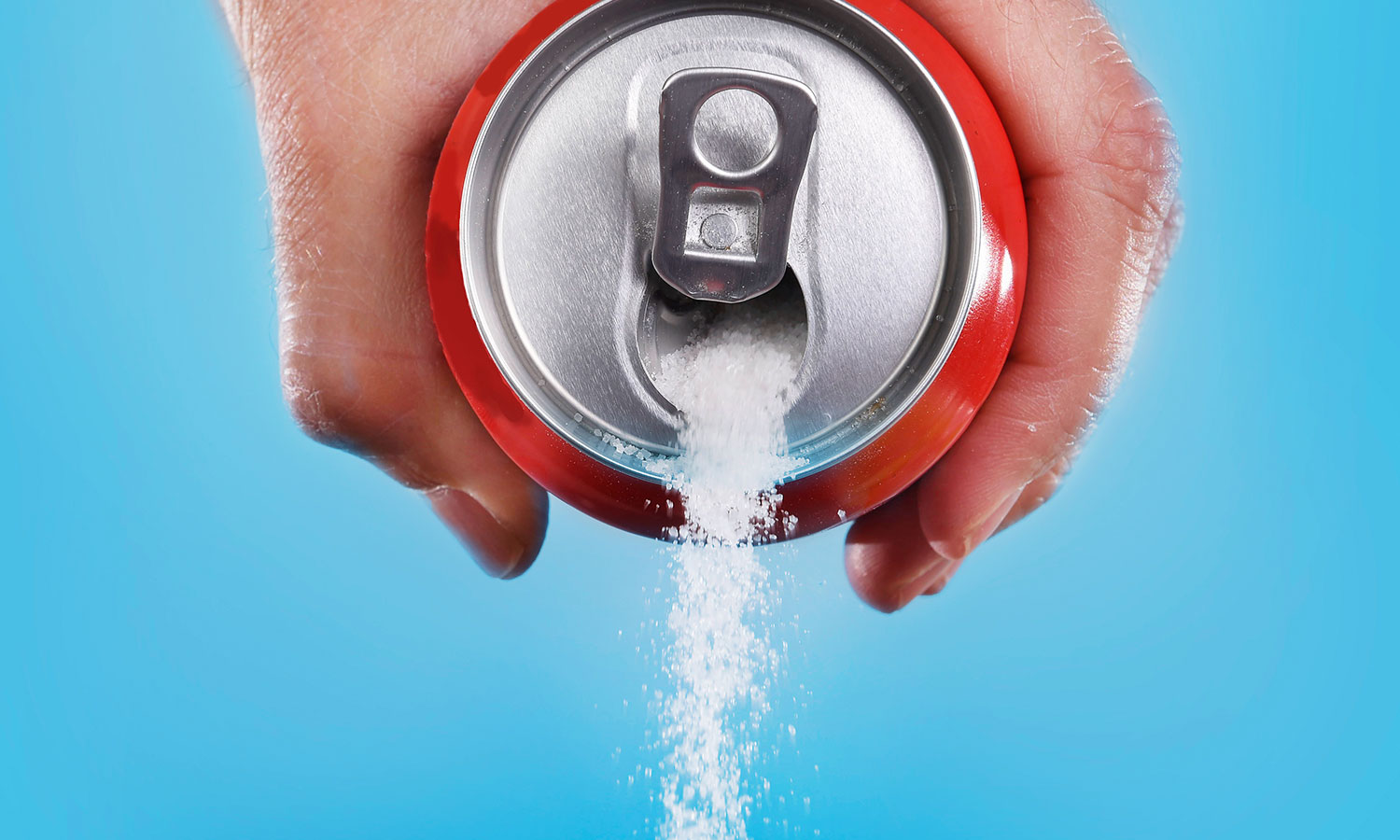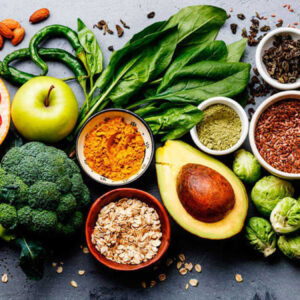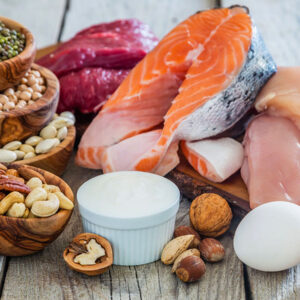Sugar is a common ingredient in many of the foods we consume daily, and it’s often hidden in foods that we may not suspect. Consuming too much sugar can have detrimental effects on our health, including obesity, diabetes, and heart disease.
The American Heart Association recommends limiting added sugar intake to no more than 6 teaspoons (25 grams) per day for women and 9 teaspoons (38 grams) per day for men.
In this article, we will explore the hidden sources of sugar in your diet and how to eliminate them.
Soft drinks and energy drinks are significant sources of added sugar in the American diet. A single 12-ounce can of soda contains about 10 teaspoons of sugar.
A study conducted by Harvard School of Public Health found that consuming sugary drinks regularly is associated with weight gain, type 2 diabetes, and heart disease. Another study published in the Journal of the Academy of Nutrition and Dietetics found that reducing sugary drink consumption can lead to a significant decrease in body weight. Switching to sugar-free alternatives or unsweetened beverages like water or tea can help you reduce your sugar intake.

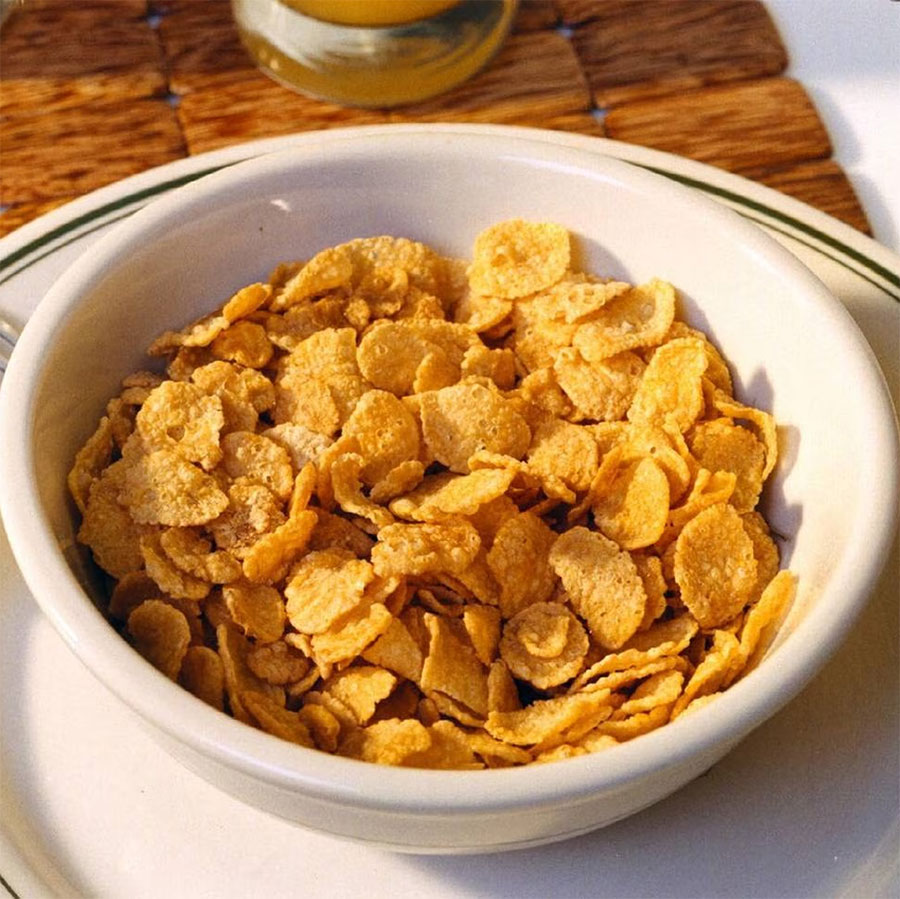
Breakfast cereals are also commonly high in added sugar. A study published in the Journal of the Academy of Nutrition and Dietetics found that over 90% of children’s cereals and over 70% of adult cereals contained added sugars. Additionally, a study published in the Journal of the American College of Nutrition found that eating high-sugar breakfast cereals leads to increased hunger and decreased satiety compared to low-sugar cereals. Check the label for added sugars, and opt for whole-grain or low-sugar options like oatmeal or unsweetened granola.
Processed foods, such as granola bars and crackers, often contain added sugar. A study published in the journal Nutrients found that consuming high amounts of added sugar, especially from processed foods, is associated with increased risk of obesity and metabolic diseases. Read the labels and choose snacks that are low in added sugar or make your snacks at home using natural sweeteners like honey or maple syrup.
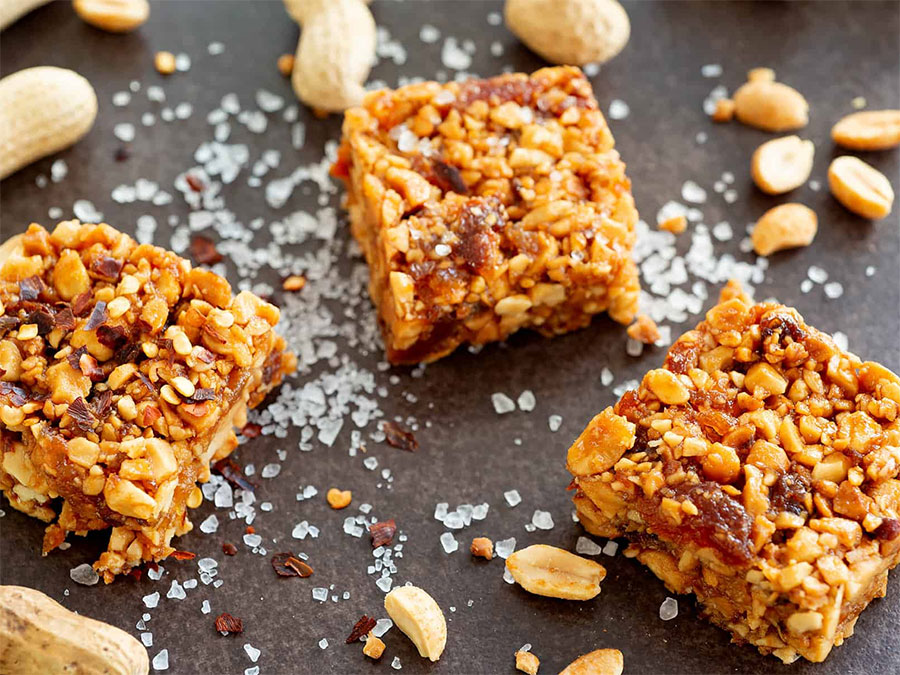

Condiments like ketchup, barbecue sauce, and salad dressings are often high in sugar. A study published in the journal Public Health Nutrition found that consumption of high-sugar condiments is associated with an increased risk of obesity and type 2 diabetes. Opt for low-sugar or sugar-free alternatives or make your dressings at home using olive oil and vinegar.
Flavored yogurt is another significant source of added sugar. A study published in the journal Nutrients found that flavored yogurt contributes to a high proportion of added sugar intake in children’s diets. Another study published in the American Journal of Clinical Nutrition found that consuming high-sugar yogurt is associated with an increased risk of type 2 diabetes. Choose plain, unsweetened yogurt and add fresh fruit or natural sweeteners like honey or maple syrup.
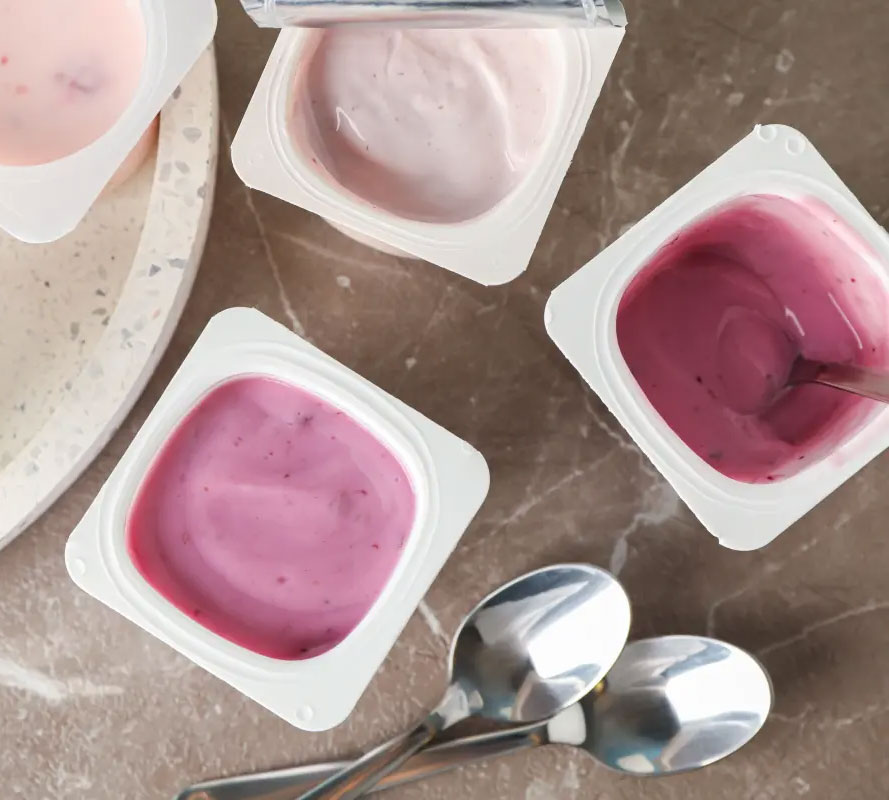
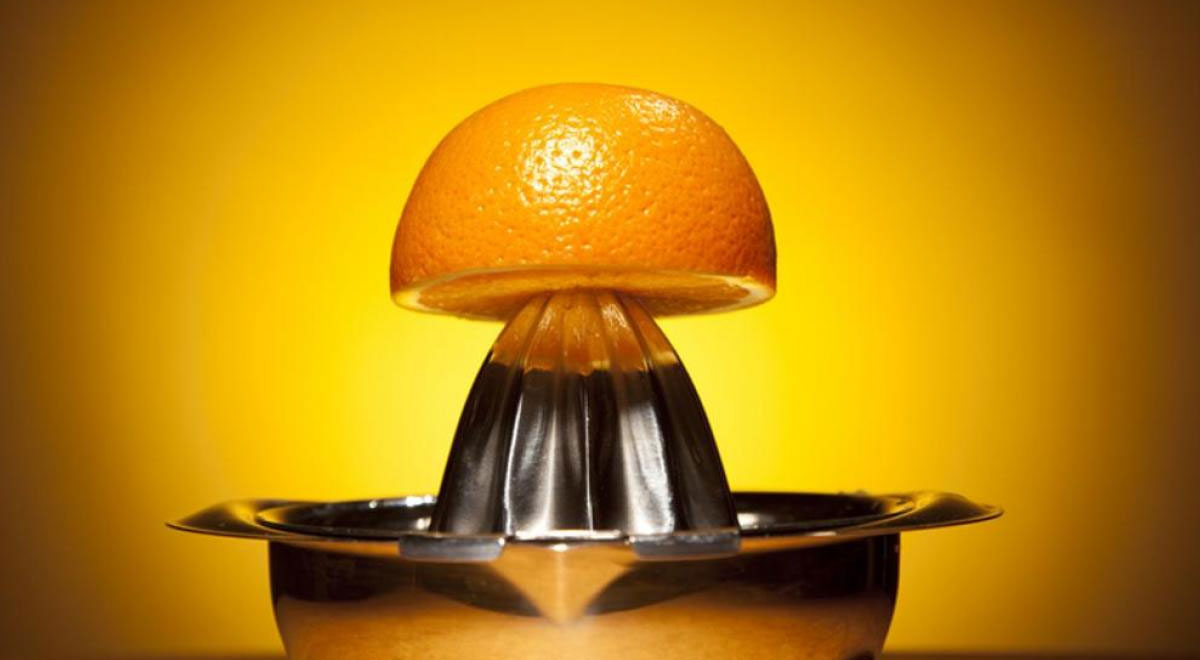
Fruit juices are often marketed as a healthy option, but they can be high in added sugars. A study published in the journal Public Health Nutrition found that consumption of fruit juices is associated with an increased risk of obesity and metabolic diseases. Opt for whole fruits or make your juices using a juicer or blender.
Baked goods, such as cookies, cakes, and pastries, are high in added sugar and can contribute to weight gain and metabolic diseases. A study published in the journal Nutrition and Diabetes found that high-sugar baked goods are associated with an increased risk of obesity and type 2 diabetes. Limit your consumption of these foods or opt for healthier options like fruit or nuts.

In conclusion, hidden sources of sugar in our diets can have a significant impact on our health. By reading labels, opting for low-sugar alternatives, and making your meals at home, you can reduce your sugar intake and improve your overall health. Remember, small changes can lead to significant results, and a healthier diet is within reach.
